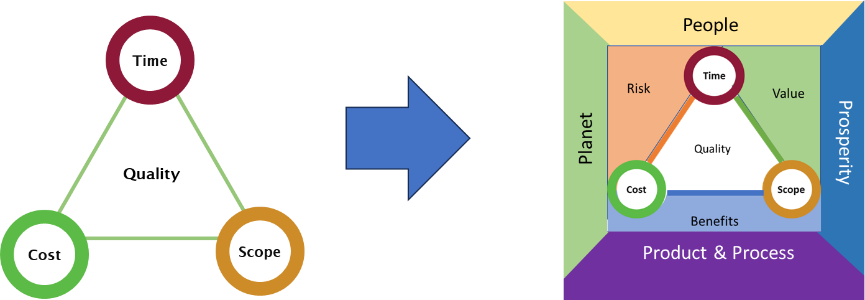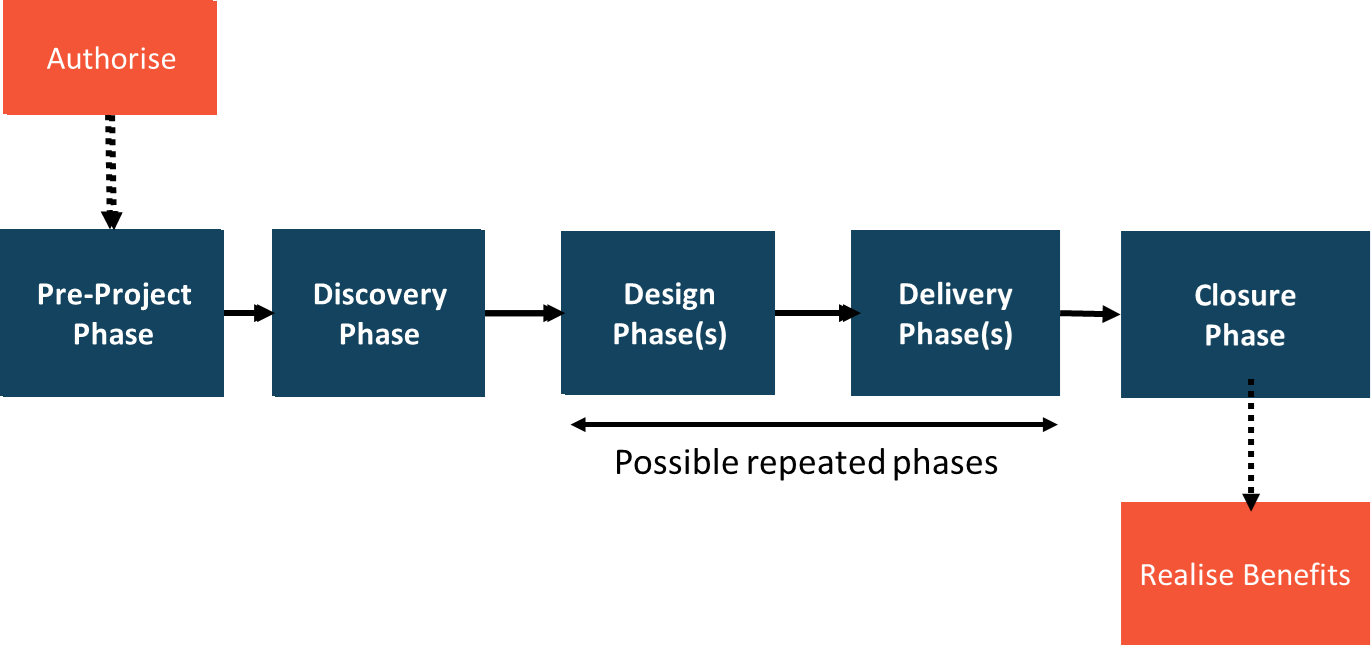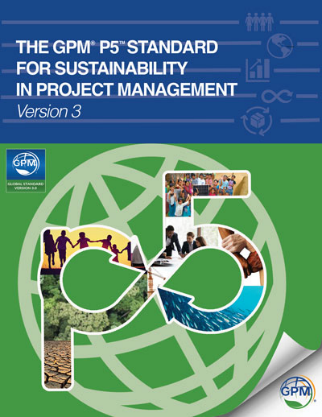According to the United Nations, sustainability means meeting the needs of the present without compromising the ability of future generations to meet their needs. In other words, take and use what you need not what you want and maintain a balance.
For organisations to become sustainable, they must engage in sustainable development. Sustainable development represents the projects and change which enable them to become sustainable. It’s the transformational change required here and now.
The role of Project managers in this transformation change is explored here.

Project managers are instrumental in managing change in organisations (pmi.org, 2015). They are at the coal face of the transformation managing and leading their project teams, engaging with senior stakeholders to deliver the new practices, systems and processes, infrastructure and products to enable the organisation or indeed the state to change.
The well documented attributes of a successful project managers have traditionally included:
A change of focus is required for project managers if they are to help drive change in a sustainable way. Sustainable change implies a permanent change meeting present needs without impeding future generations’ needs. Therefore, the focus for the project manager needs to reflect this and should include:



With a sustainability mindset developed from this approach, project managers will be in a strong position and do what’s right and just for their organisations assisting them to become a more sustainable and profitable establishment.
This article is based on content from the greenprojectmanagement.org organisation which is dedicated to making all projects sustainable helping to protecting our future.